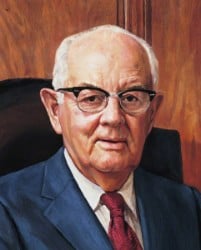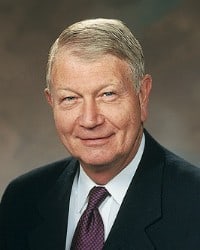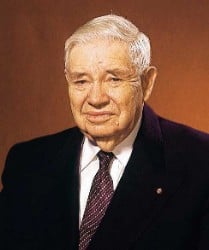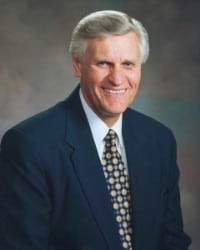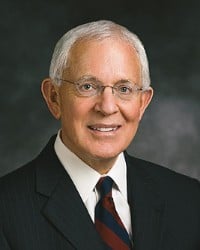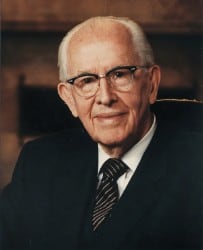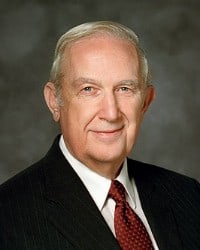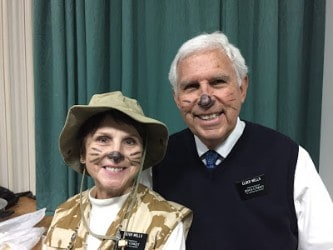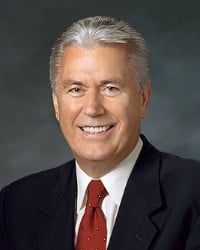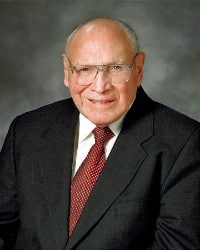“Many Latter-day Saints know the Church is true but have unhealthy feelings about their own inadequacies, real or imagined. The scriptures inform us that we all have weaknesses and that there is a place for them in our spiritual progress: “If men come unto me I will show unto them their weakness. I give unto men weakness that they may be humble; and my grace is sufficient for all men that humble themselves before me; for if they humble themselves before me, and have faith in me, then will I make weak things become strong unto them” (Ether 12:27)…Too often we wallow in our weaknesses so much that we do not allow “weak things” to “become strong.” Our condition is frequently misdiagnosed as humility, when in reality it is a lack of confidence…What is the difference between the two? To be humble is to recognize our utter dependence upon the Lord. We are conscious of our strengths, but we do not exalt ourselves and become prideful, for we know that all good things ultimately come from God. We are conscious of our weaknesses, but we know the Lord can use those very weaknesses to bless our lives and that through Him, as we learn from the book of Ether, our weaknesses can become strengths…To lack confidence is to have feelings of low self-worth. We are preoccupied with our weaknesses, and we lack faith in the Lord’s ability to use those weaknesses for our good. We do not understand our inestimable worth in the eyes of God, nor do we appreciate our divine potential. Ironically, both pride and a lack of self-confidence cause us to focus excessively on ourselves and to deny the power of God in our lives.”
Glenn L. Pace
| “Confidence and Self-Worth,” Ensign, January 2005, pp. 32-35
Topics: Attitude, Character, Humility, Perfection
